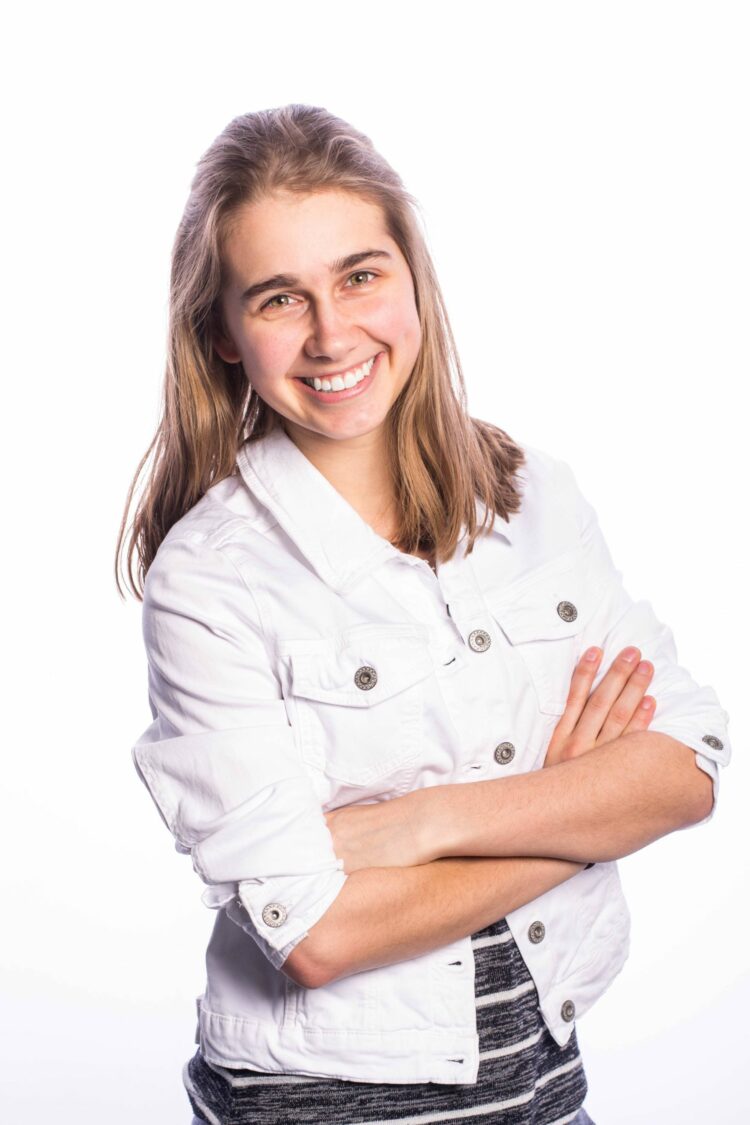Meet Deanne, who’s developing an app to investigate the sound problems on the ICU
The Critical Alarms Lab is nothing without motivated Industrial Design Engineering students who feel the urge of improving (alarming) sounds in the health environment. Deanne is creating a tool that provides insights into the ICU sounds and their effects, to show the size and importance of sound-related issues in the ICU.
Can you introduce yourself?
Hi, I am Deanne, an enthusiastic student with a love for knowledge. When there is an opportunity to learn something new, I take it. This is the reason for my broad range of interests: from diving deep into physics and coding, to understanding human psychology and behaviour. I see some big opportunities in bringing these areas together. Design and technology can be of great use to improve the (mental) wellbeing of many humans. Not only the ‘common’ technical tools, like devices for invasive surgery, require these expertises. We can use the design and technical knowledge to create tools for people who suffer from, for example, autism or eating disorders. Or, in the case of the Critical Alarms Lab, to prevent sound fatigue among nurses and improve the wellbeing of patients.

Why did you decide to do a project at Critical Alarms Lab?
Last year (2019) I finished my Bachelor Industrial Design Engineering at the TU Delft, which brought me in contact with coding and the Critical Alarms Lab. I discovered during the Software course in my last year that I really like coding: solving small and big problems, having ups and downs, seeing your progress, continuously learning new ways of working, and knowing there must be a solution (you just have to think creatively) makes you want to go on and on. During the Software course, I chose to work on the CAL project since I have been interested in the medical environment my whole life. I think it is the medical environment where design can have the most important influence on improving the lives of everyone. This all made me decide to help to develop the app for research on sounds after finishing my Bachelors.
What is your project about?
I am developing an app, which collects data to investigate the sound problems on the ICU. This means the app does not help the nurses and patients at this moment (apart from creating insight and awareness by providing them with the available data already), but it collects information for research. Through the app, which is downloaded by the nurses, different types of data are safely collected: sounds, emotion/stress levels and location on the ICU. With the help of machine learning, we divide the sounds in different categories (like alarms, speech etc.). All this data helps us to find out which sounds are most disturbing, which sounds are not reacted to at all, where the loudest sounds are etc. The goal is to create an overview of the sounds (and their loudness) the nurses are exposed to and which they contribute to. Based on this, we know what type of improvements can be made, where and when.
Why do you care about this topic?
I do not specifically care about sounds, but I care about their influence on both the patients and the nurses. Being a patient in the ICU makes you already feel quite helpless and stressful. All the beeps, hums and other sounds only add to this stress level, both directly (not knowing what the sound means) and indirectly (less sleep because of all the sounds). For the nurses, these sounds provide information about the wellbeing of the patient. However, there are so many sounds that they cannot process them all. A constant input of sounds leads to fatigue and a higher stress level among the nurses, which impacts the quality of their work and life. Besides having a lot of sounds, the loudness of these sounds exceeds governmental advice as well. And this problem is not only limited to the ICU, but occurs in the whole hospital (especially ICU and OR)!
What do you hope to achieve with this project?
In the short term, I hope to provide insights in where (and how important) the problems of sounds are on the ICU, both for the CAL and its future graduates, as well as for the managers, bosses and other rule-makers. For the long term, I hope to provide a tool to collect and show insights about sounds for different areas. Not only for other areas in the hospital, like the OR, but for schools, workplaces and the like as well.
What surprised you most in doing this project so far?
How quick you can learn coding if you are really motivated and how big the sound problems in a hospital are (and how unknowledgeable the managers are about this problem). We do not talk about sound levels comparable to those of a conversation, but about sound levels comparable to those of a milling machine and truck. Mostly the unawareness of the problems this causes for everybody in the hospital struck me.